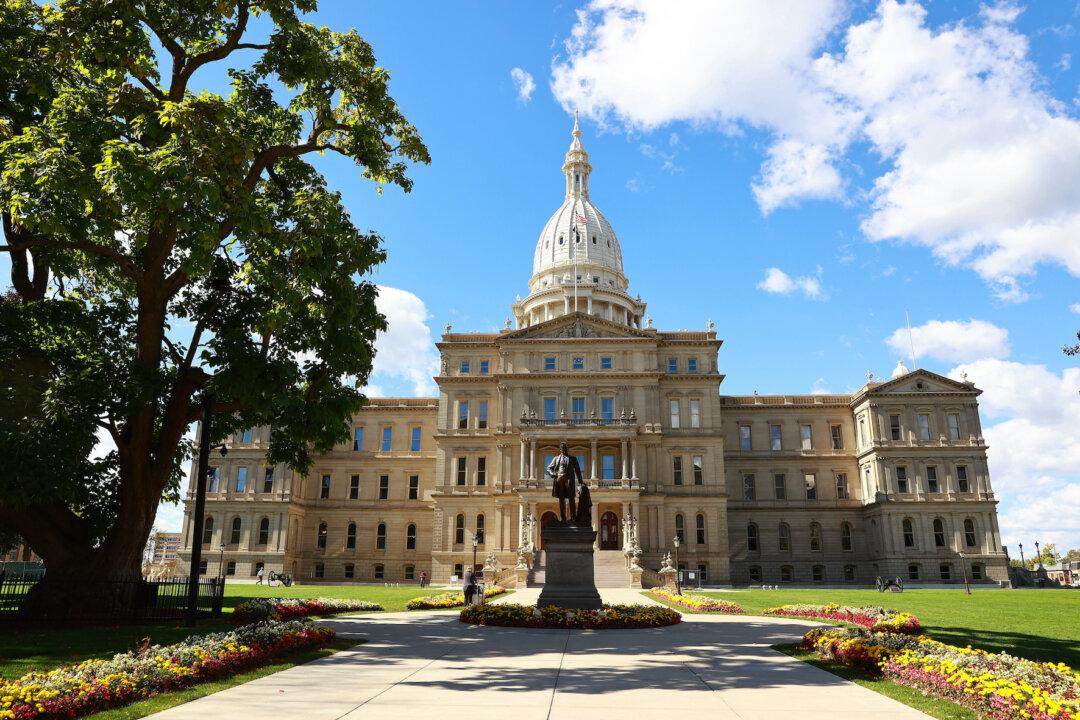Since taking office in January 2023, Michigan Democrats have used their newly won control of both houses of the legislature to speedily push through a raft of new laws codifying their social agenda and undoing years of Republican policies.
In the area of gun control, the Democrat majorities passed and Governor Gretchen Whitmer, a Democrat, signed into law a bill amending the Michigan Penal Code to expand the list of crimes that bar a convicted individual from possessing a firearm.





